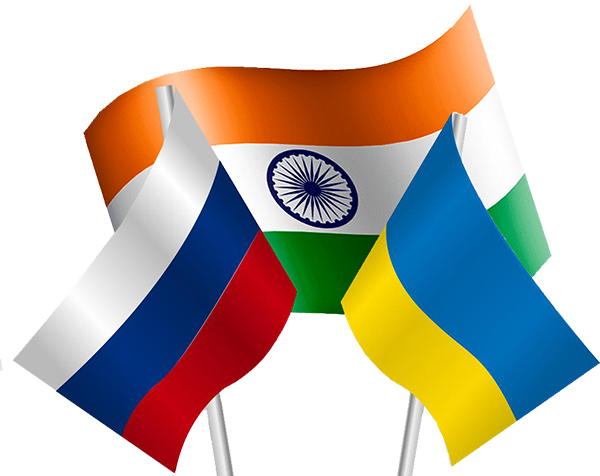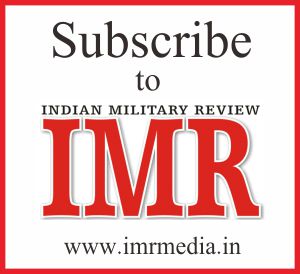India has displayed a strong diplomatic character by choosing not to take sides in a situation involving the US-led NATO and Russia. Indian Prime Minister’s telephonic talk with the Russian President and India’s External Affairs minister’s talk with the Russian foreign minister in early March, highlighted India’s efforts to stop the war by taking the path of diplomatic negotiations and dialogues on one hand and a lasting solution for this problem on the other.
India’s neutral stand is mainly because all the key protagonists in the crisis are India’s close allies. Hence, India’s unaligned and diplomatic efforts. Possible support to Russia might hamper India’s relations with the NATO countries, including USA.
India’s stand on Ukraine has been appreciated within the country and by other countries, notably Pakistan, whose prime minister Imran Khan too appreciated India’s role and policies.
India-Russia relationship still continues to remain strong. Russia has been a significant supplier of military equipment. India is also procuring the S-400 Triumf Missile from Russia, despite strong US opposition. A new ten-year defence pact between the two countries was being discussed. India-Russia annual trade is also worth about $10 billion. India’s support to Ukraine may mean Russia developing stronger ties with China and Pakistan. That can be a real-time threat to India’s national security.
Ukraine has consistently taken anti-Indian position in the United Nations, be it in terms of voting against India in UNSC after 1998 nuclear tests, voting for UN intervention in Kashmir after abrogation of Article 370 or in terms of selling military equipment to Pakistan to use against India.
India wants de-escalation of the crisis, but only through arbitration or conciliation. Thus, considering all the angles to this crisis, India is adopting the strategy to solve this dispute keeping in mind that any country’s national interest is above the overall global interest.
The US has managed to get most countries on its side, and the United Nations resolution condemning the Russian invasion has been supported by many countries. Countries like India chose to abstain from the vote due to a strong and continuing linkage with Russia, and due to considerations of what such a vote will imply to the geopolitics of the region.
The immediate impact is, of course, adverse due to high oil prices and investor nervousness. India has a very large oil deficit and also a current account deficit. The latter needs a continuous supply of foreign investor dollars to plug that deficit. On food security, India is on a strong footing. Its military capabilities are significantly inferior to China, mainly due to a resource constraint. But the level of preparedness and the advantage of terrain means that the asymmetry is considerably reduced.
The US will soon have to think about the more important geopolitical alignment and strategy around its bigger rival, China. So far, the Quad formation (with the US, India, Japan and Australia) has not delivered any tangible benefits to India. But the strategic importance of India could grow. It is conceivable that in a new configuration, the Americans will value an alignment with India more than the reverse. India, too, has a strong trade and investment relationship already. If its domestic economy shows steady and consistent high growth, it can become important to the US when dealing with a strong China.
Chinese Vice Foreign Minister Le Yucheng attacked the Quad thus, “No country should pursue its so-called absolute security at the expense of other countries’ security.” He drew a parallel between the situation in Ukraine — according to him, a result of “the NATO strategy of eastward expansion” — and the several provocations perceived by Beijing in the Indo-Pacific. The analogy does not hold. Amid recent geopolitical developments, India’s foreign policy priorities and the ties fostered with members of the Quad are holding fast.
The Quad is a response to China’s rising ambitions, which have manifested in the form of occupying islands and trying to control sea lanes in the Indo-Pacific, as well as its activities along the Line of Actual Control with India.
Both the Japanese and Australian prime ministers reportedly discussed the situation in Ukraine with prime minister Narendra Modi, and did not insist that India echo their position.



















